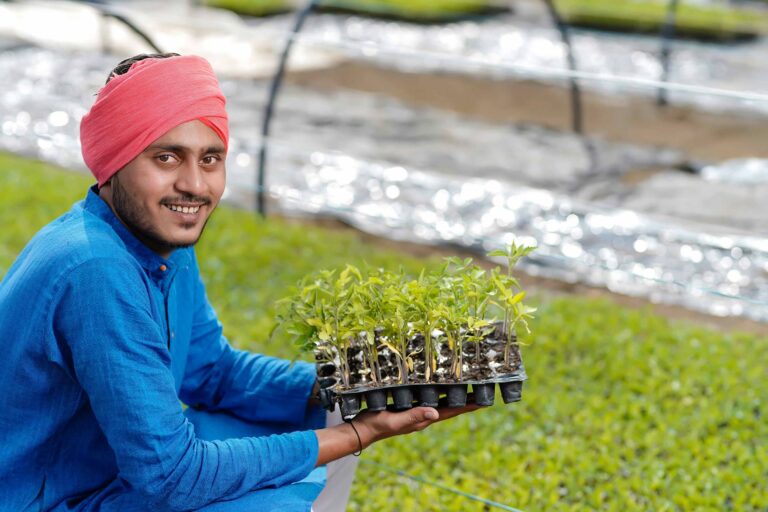Sustainable agriculture is a farming practice that aims to produce food while minimizing environmental impact, preserving natural resources, and supporting the local community. It is a holistic approach that considers the long-term health of the land, the well-being of farm workers, and the economic stability of the farm. Sustainable agriculture focuses on using environmentally friendly farming techniques, reducing waste, and promoting biodiversity.
One of the key principles of sustainable agriculture is soil health. Healthy soil is essential for growing crops, as it provides nutrients, water, and support for plant roots. Sustainable farmers prioritize soil health by using organic fertilizers, cover crops, and crop rotation to replenish nutrients in the soil. They also avoid using synthetic pesticides and herbicides that can harm soil microorganisms and wildlife.
Another important aspect of sustainable agriculture is water management. Water is a precious resource, and sustainable farmers use efficient irrigation systems, rainwater harvesting, and water-saving techniques to minimize water waste. They also protect water quality by reducing runoff and erosion, and avoiding the use of harmful chemicals that can contaminate water sources.
Biodiversity is also a key focus of sustainable agriculture. By planting a diverse range of crops and avoiding monocultures, sustainable farmers promote biodiversity and support a healthy ecosystem. This helps to prevent pests and diseases, improve soil fertility, and provide habitat for wildlife. Sustainable farmers also work to preserve native plant species and protect endangered species on their land.
In addition to environmental benefits, sustainable agriculture also has social and economic advantages. By supporting local food systems, sustainable farmers help to create jobs, boost the local economy, and promote food security. They also prioritize fair labor practices, providing a safe and healthy work environment for farm workers. Sustainable agriculture can help to build strong communities and create a more resilient food system.
There are many different practices and techniques that can be used to promote sustainable agriculture. Some examples include:
– Organic farming: Organic farming avoids the use of synthetic pesticides, herbicides, and fertilizers, relying instead on natural methods to control pests and improve soil health.
– Agroforestry: Agroforestry integrates trees and shrubs into agricultural landscapes, providing shade, windbreaks, and habitat for wildlife, while also producing food, fuel, and other products.
– Conservation agriculture: Conservation agriculture focuses on reducing soil disturbance, preserving crop residues, and maintaining permanent soil cover to improve soil health and prevent erosion.
– Permaculture: Permaculture is a design system that mimics natural ecosystems, using principles such as diversity, interconnection, and sustainability to create productive and resilient food systems.
– Regenerative agriculture: Regenerative agriculture goes beyond sustainable practices to actively regenerate and restore ecosystems, focusing on building healthy soils, restoring biodiversity, and sequestering carbon.
Overall, sustainable agriculture is a vital practice for ensuring the long-term health and productivity of our food system. By promoting environmentally friendly farming practices, supporting local communities, and prioritizing soil health, water management, and biodiversity, sustainable agriculture offers a path towards a more resilient and sustainable food system. Whether you are a farmer, a consumer, or a policymaker, there are many ways that you can support sustainable agriculture and help to create a more sustainable future for all.

